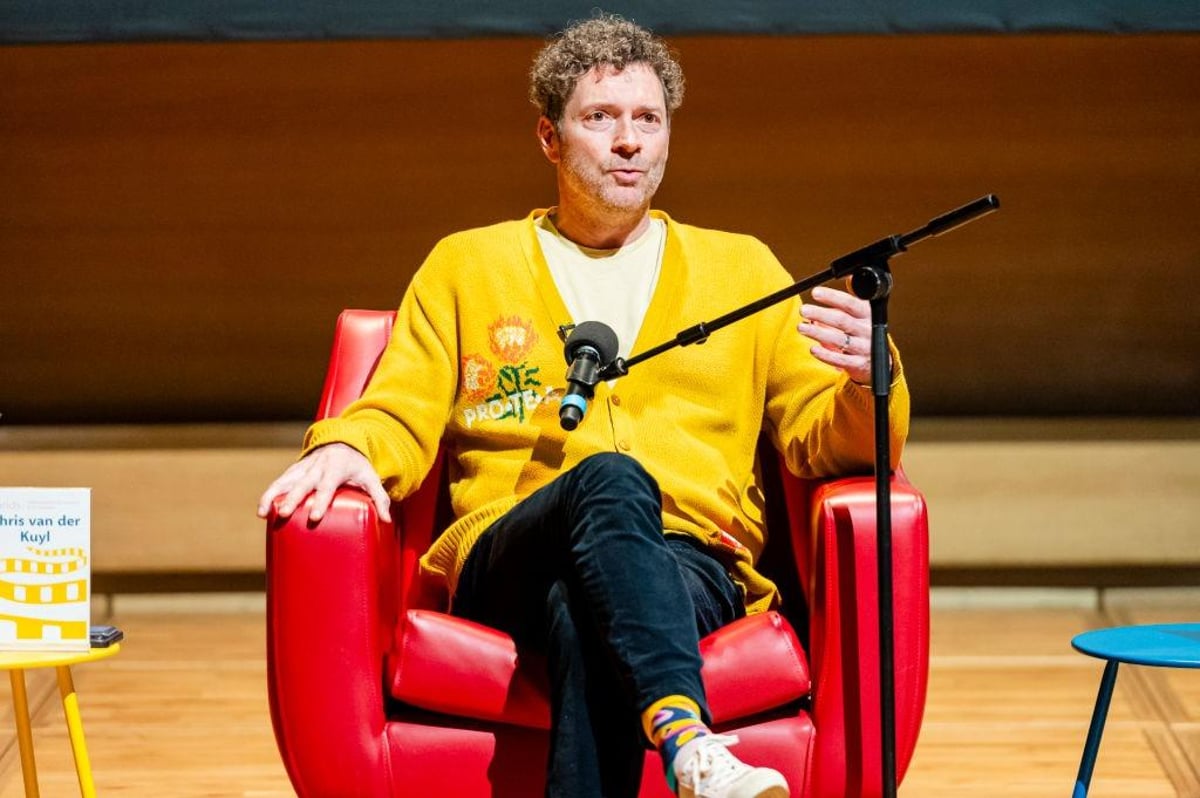By Nick Freer
Copyright scotsman

Some of the world’s top execs from the video games industry landed in Scotland this week, with leading industry conference DICE taking place in Edinburgh and Dundee, supported by the Scottish Government and Scottish Enterprise. According to Chris van der Kuyl, chairman of 4J Studios, developers of Minecraft’s console edition, and considered by many to be a doyen of the sector here: “DICE comes at an inflexion point for Scotland, which is well placed to lead the way and have an outsized impact on the global stage. Having helped to bring DICE to Scotland’s capital and his hometown, van der Kuyl points to the forthcoming release of Rockstar North’s GTA 6, forecast by commentators to reshape the entire video game landscape, and 4J’s own new game Reforj as evidence of how Scotland can make an outsized impact on the global stage. Currently, Scotland has around 500 gaming studios, employing thousands of staff and launching hundreds of new games each year. But the general feeling is that we can be much more. Nintendo was one of the industry giants in town this week, with Satoru Shibata, Nintendo’s managing executive officer, opening DICE with a keynote address. In a press release we helped organise, Mr Shibata commented: “It is great to be here in Scotland, a country that has a big reputation in video game development, and to have the opportunity to discuss the road ahead for the industry with peers.” Nintendo released Switch 2, the successor to its Switch hybrid device, earlier this year, and in the US alone it has already reached over 2 million sales. Mr Shibata, who is also a director at Japanese media phenomenon Pokémon, puts things in perspective when he talks about Nintendo’s raison d’etre: “As a company, we want to make people smile by providing unique entertainment and a spirit of originality.” Having attended an evening reception at the W hotel in Edinburgh on Wednesday evening, co-sponsored by 4J and private bank Coutts, one of my main takeaways was that in spite of the video game market being a stratospheric business, everyone I met was very down to earth. Revenue from the worldwide gaming market reached around $200 billion in 2024, with mobile gaming representing around a half of that total, a year in which the advent of AI gathered pace, venture capital investment contracted after a period of record investment, and market dynamics continued to shift following the impact of Covid. Speaking to Matthew Short, a partner at investment bank Aream & Co in Berlin, Short said: “There is now a flight to quality, towards both the big blockbuster well known games but also to the much smaller independents that can have massive followings in their own right.” Given that Scotland is primarily made up of smaller studios, Aream & Co’s view is an encouraging one. Confirming what I’ve seen from my own kids’ gaming behaviour, Short added: “Games are now social communities that provide as much connectivity and engagement as social media had in the past.” Nick Freer is the founding director of corporate PR agency Freer Consultancy



